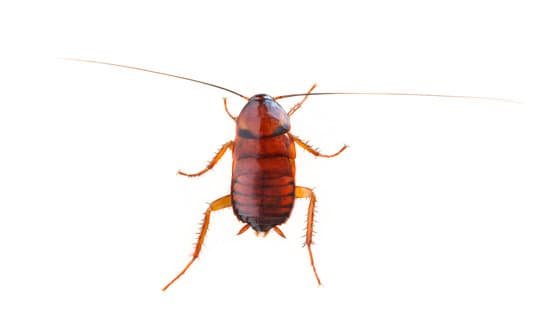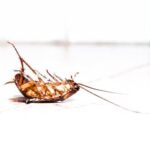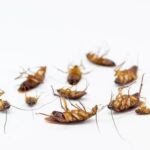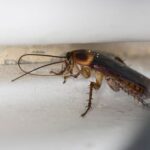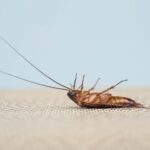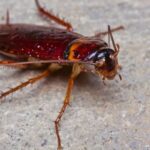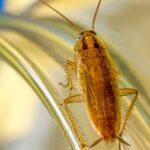How Cockroaches Affect Humans
While it is unknown exactly how cockroaches can affect humans, they have been known to spread a number of illnesses. While the most common disease that roaches are known to carry is tuberculosis, they have also been linked to cholera and leprosy. In addition to spreading harmful bacteria, cockroaches can also produce allergens that can cause asthma and anaphylactic shock.
Cockroach allergens can trigger asthma and allergic reactions in children. The allergens are spread through dust in buildings and can enter the lungs. Recent studies show that cockroach allergens are present in approximately 63 percent of US homes, with higher levels found in urban areas. Allergic reactions can include difficulty breathing, coughing, skin rashes, and ear infections.
Cockroaches may also transmit cholera, an acute diarrhoea infection that affects mostly poor communities and areas where environmental management is lacking. In most cases, infection occurs through the consumption of contaminated food, and cockroaches spread the bacterium through the feces and vomit. Cholera is a potentially fatal disease that requires immediate medical attention.
Despite their nocturnal nature, cockroaches are an important cause of illness in humans. They are often a scavenger and will eat whatever they can find. This makes them common in kitchens and pantries. When they feed, they leave behind feces, so it’s best to throw away contaminated food.
